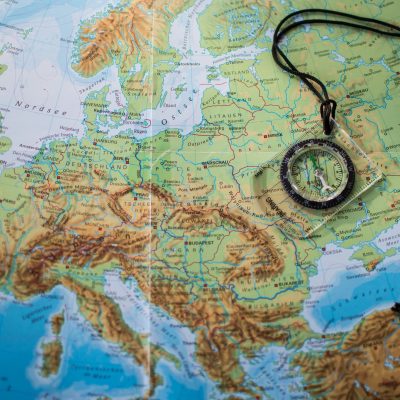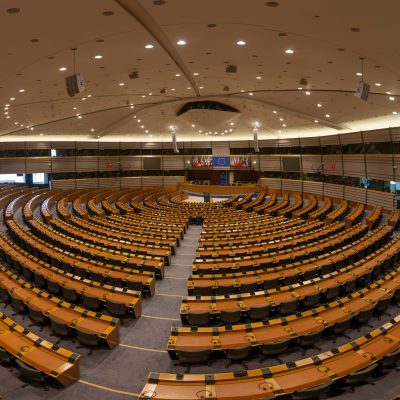[FR] Towards closer Labour Party ties with Europe

The British general election on 4 July is expected to bring a landslide Labour victory. After 14 years of tumultuous Tory government, this long-anticipated change is likely to turn a new page in the relationship between the United Kingdom and the European Union. But it won’t be starting from scratch. Politically refocused after the Corbyn era, the Labour Party led by Sir Keir Starmer, future Prime Minister and Remainer during the June 2016 referendum, in no way questions the democratic choice of Brexit.
Nor does it question the red lines drawn by the outgoing government, which it repeated during the lightning-fast general election campaign: no participation in the single market, which would force it to align its regulations, and no customs union, which would require it to follow EU trade policy. It now faces a British public that is largely disappointed by the exit from the EU but divided on whether to return: 53% believe that the negative effects of Brexit outweigh the benefits, and 48% would vote for the country to rejoin the EU, compared with 33% who would vote for it to remain outside, according to the latest YouGov polls. Faced with a more threatening international environment and seeking stimuli for the country’s economic growth, Starmer’s future cabinet intends to turn cautiously but with a more conciliatory tone towards Brussels and the EU-27, with a view to broadening and deepening relations.




